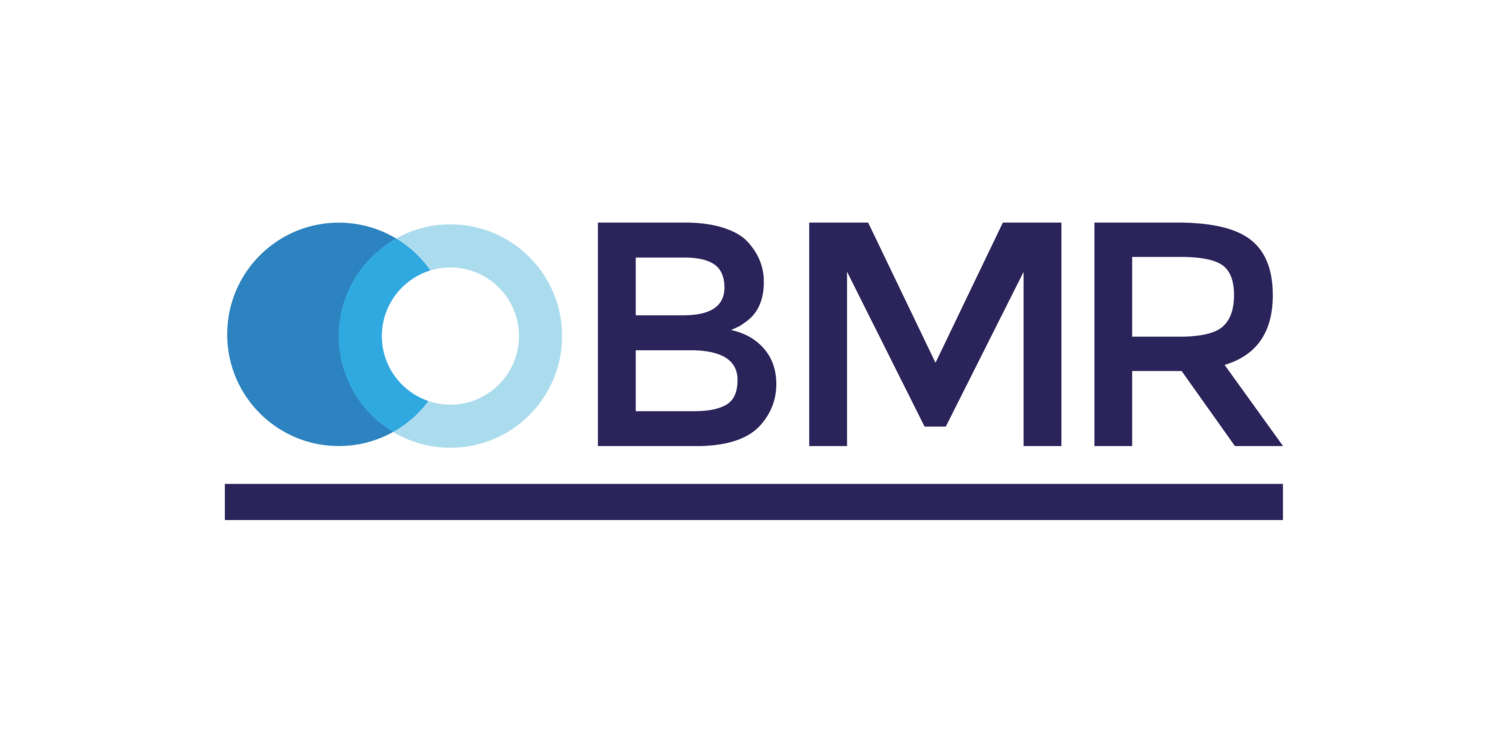Depression is a costly condition for businesses.
Many employers are focusing on workplace mental health because they recognize it is costly to ignore. Depression costs employers around $44 billion each year due to loss in productivity and about half of the employees with depression are untreated. To tackle this problem it’s important to help employees access effective care.
What is depression?
Depression is a common mental health problem that causes people to experience low mood, loss of interest or pleasure, feelings of guilt or low self-worth, disturbed sleep or appetite, low energy, and poor concentration.
Depression symptoms may vary among people but generally encompass a feeling of sadness or hopelessness. These can include3:
Tiredness and loss of energy
Sadness that doesn’t go away
Loss of self-confidence and self-esteem
Difficulty concentrating
Not being able to enjoy things that are usually pleasurable or interesting
Feeling anxious all the time
Avoiding other people, sometimes even your close friends
Feelings of helplessness and hopelessness
Sleeping problems – difficulties in getting off to sleep or waking up much earlier than usual
Very strong feelings of guilt or worthlessness
Finding it hard to function at work/college/school
Loss of appetite
Loss of sex drive and/or sexual problems
Physical aches and pains
Thinking about suicide and death
Self-harm
How does Depression Impact the Workplace?
Depression, left untreated, may have a significant impact on performance. It contributes to presenteeism, or employees at work but not engaged and absenteeism, or employees missing days of work. It may also impact multiple areas of employee performance, including focus and decision making, time management, completing physical tasks, social interactions, and communication. Like most other health conditions, early detection and effective treatment can reduce the severity and impact of the condition.
Employers can play a key role in supporting the early identification of depression and other mental health conditions and improving access to care. It is an investment well worth making.
What Employers can do for prevention?
Awareness, Accessibility and Assistance are key factors in helping employees preventing and/or tackling depression.
It’s crucial to educate employees and managers about mental health conditions, including depression, and encourage employees to seek help when needed. Employers are uniquely positioned to encourage employees to get help if they are experiencing depression. One crucial step is to include depression screening in health risk appraisals (HRAs) and EAP programs.
Promoting employee assistance and health programs would be beneficial and good prevention because early intervention is vital. Reminding employees of the availability of resources for staying mentally and physically healthy and productive. Informing employees often on how to access mental health information and care confidentially and quickly. Push these messages out during times of high stress, during the holiday season and especially when there is an activity that employees may view as disruptive in the workplace and broader community.
Bottom line: Investing in a mentally healthy workforce is good for business.
Who to contact if you need help?
Here are some groups you can contact when you need help.
Samaritans: Phone 116 123, 24 hours a day, or email jo@samaritans.org, in confidence.
Childline: Phone 0800 1111. Calls are free and won’t show up on your bill.
PAPYRUS: A voluntary organisation supporting suicidal teens and young adults. Phone 0800 068 4141.
Depression Alliance: A charity for people with depression. No helpline but offers useful resources and links to other information.
Students Against Depression: A website for students who are depressed, have low mood, or are suicidal. Find out more here.
Bullying UK: A website for both children and adults affected by bullying. Find out more here.
Campaign Against Living Miserably (CALM): The Campaign Against Living Miserably (CALM) is leading a movement against suicide. Every week 125 people in the UK take their own lives. And 75% of all UK suicides are male. CALM exists to change this.
There is a website and a helpline: 0800 58 58 58.


